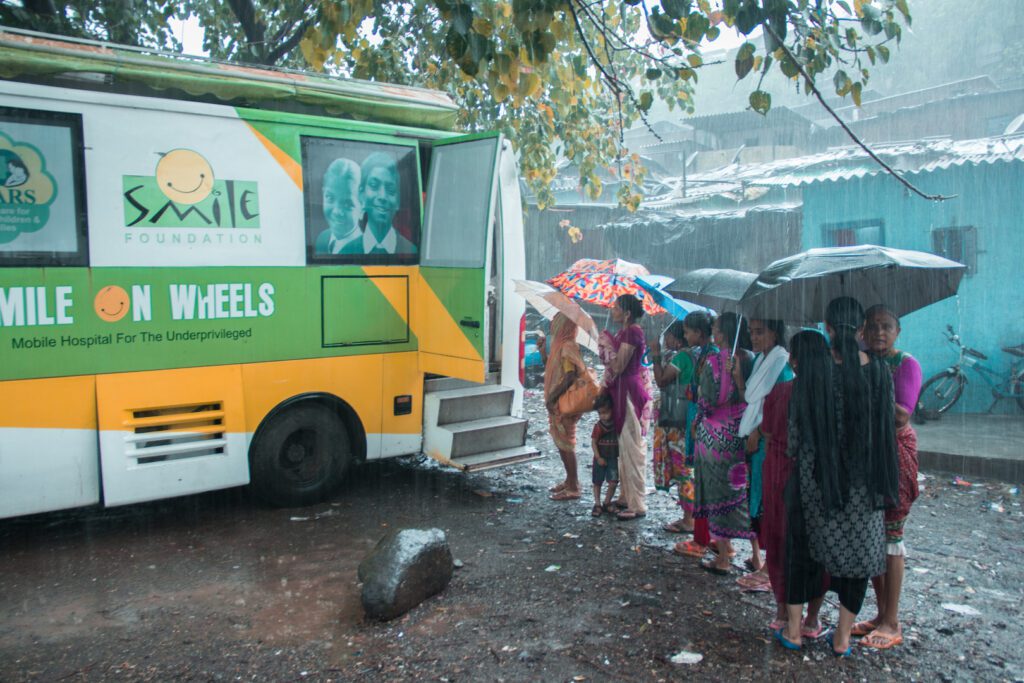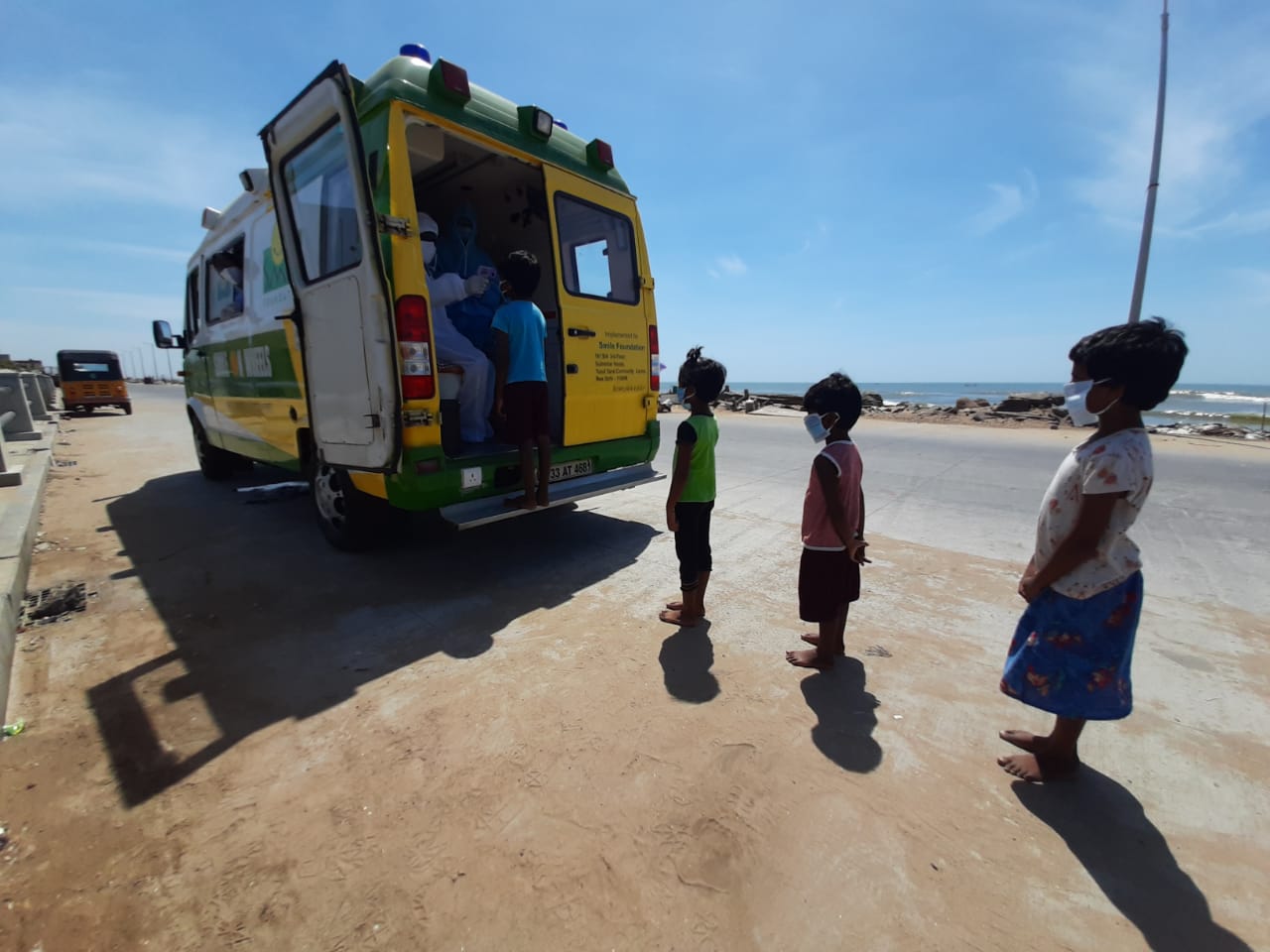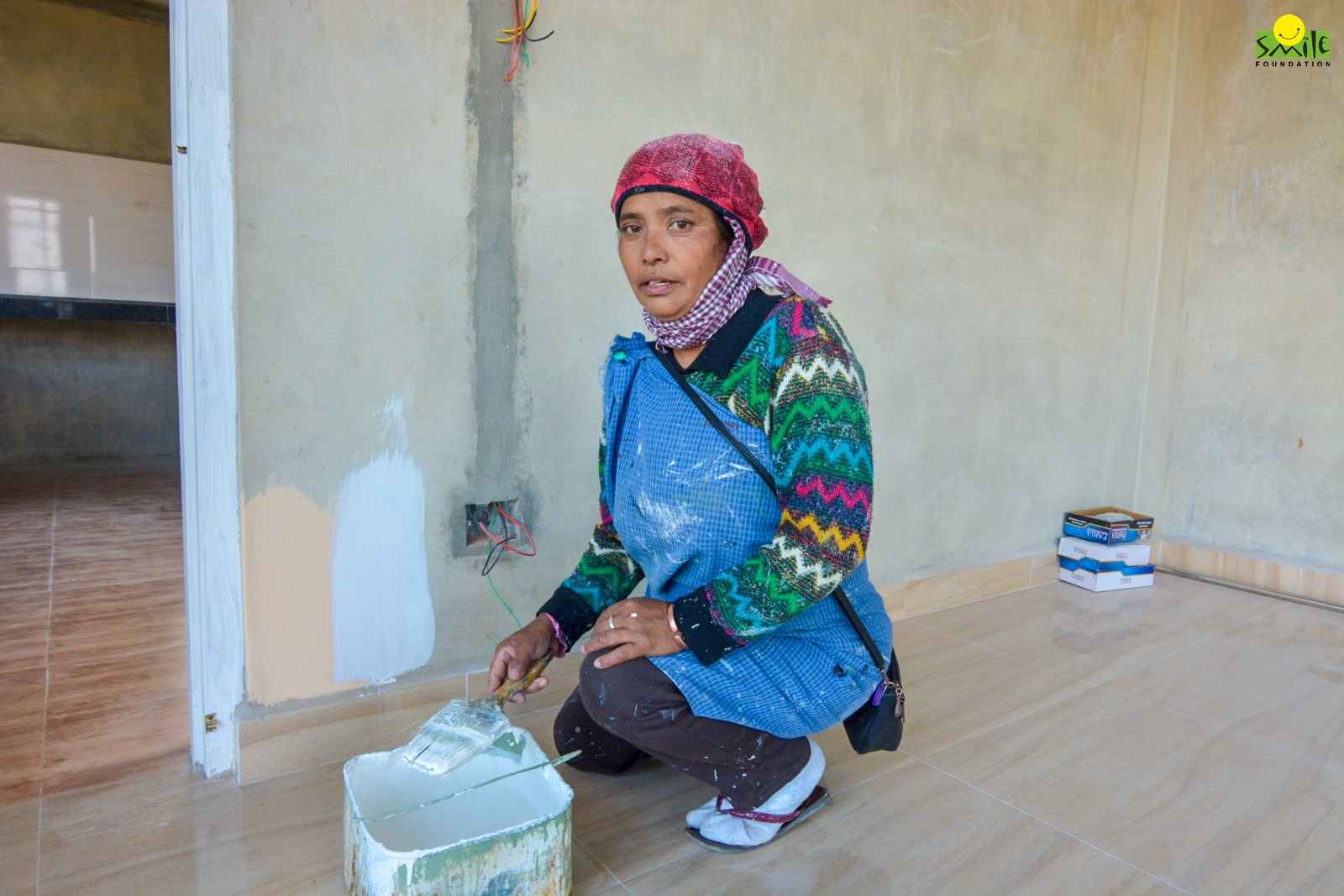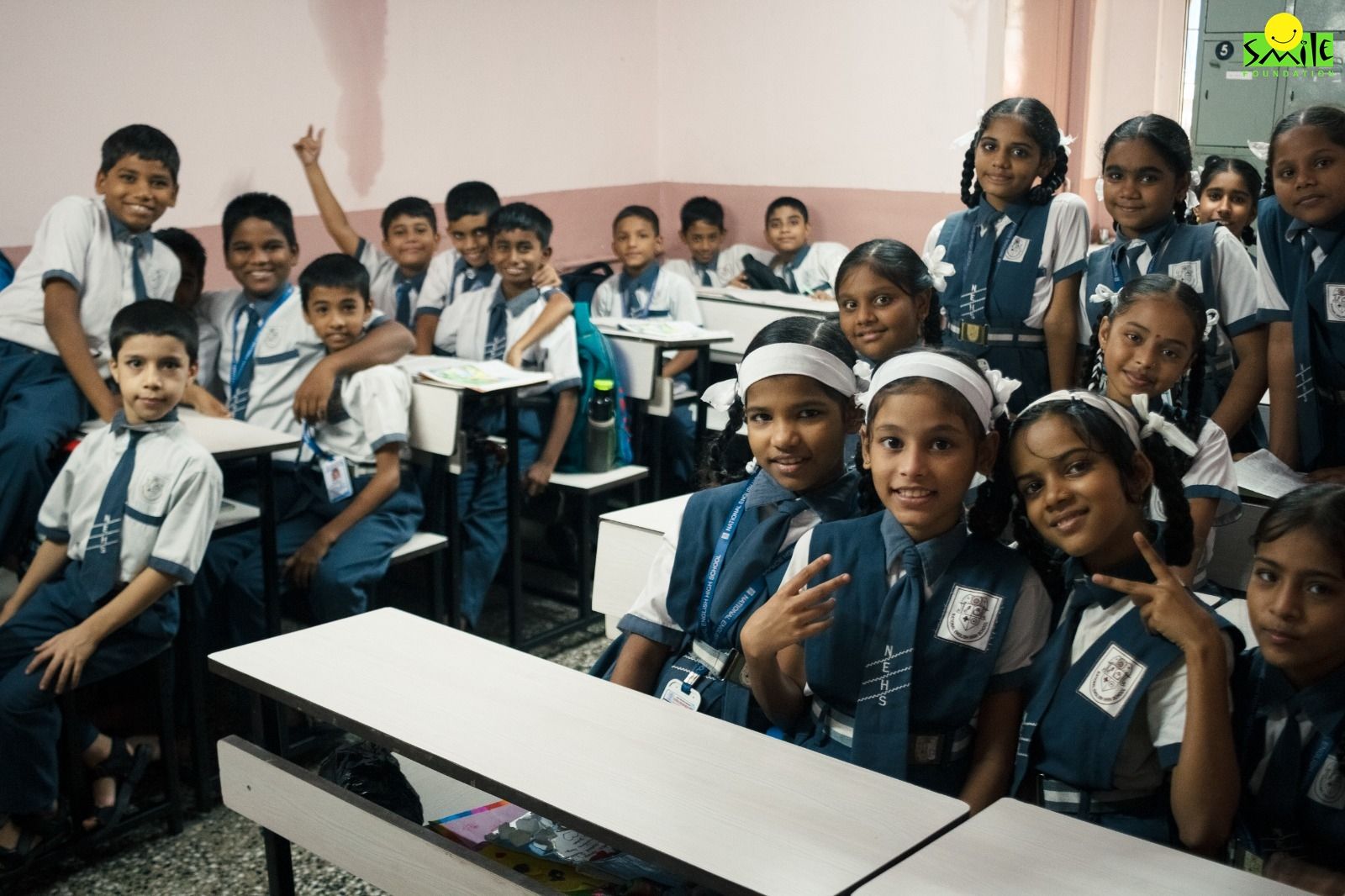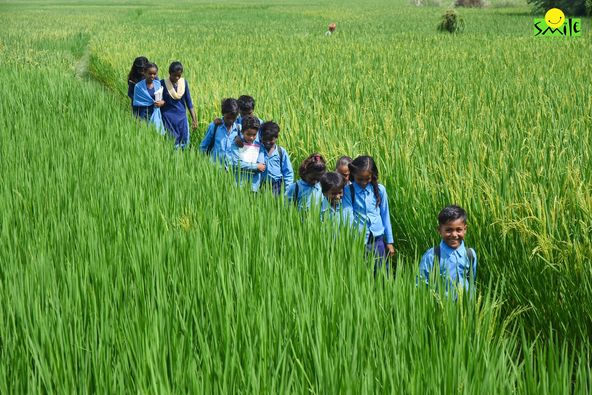A healthy nation is indeed a wealthy nation! But with the rise of communicable diseases and lifestyle ailments and majority of the Indian population living below the poverty line, this seems a far-fetched affair. Half of all deaths in 2015 accounted due to these two types of diseases. The Indian government fares low in terms of fund allocation in healthcare as a percentage of the GDP compared to her neighboring countries. Besides, healthcare centres in rural areas are under-financed and short of staff. Healthcare needs of a majority of the rural population thus remain unmet. Furthermore, it is but a fact that majority of healthcare professionals prefer to serve more in urban areas than rural regions on monetary grounds. Thus rural areas remain underserved. Women and children suffer the most in such a situation. Do you know a major percentage of rural community health centres (CHCs) lack healthcare specialists? Besides, the existing healthcare infrastructure needs to be improved.
Thanks to Budget 2018! The government has allocated enough funds to address almost all of the above issues. Once proposed schemes are implemented, India will witness marked change in the healthcare sector.
Health Insurance and Ayushman Bharat Initiative
Over 62% of the Indian population meets their health expenses from their personal savings. A majority of the population living below the poverty line (BPL) are the worst sufferers! And healthcare is expensive. Visualize the consequences of the economically weaker sections of the society! According to the latest Insurance Regulatory and Development Authority, 76% of Indians do not have health insurance.
The government has been providing Rs 30,000 as health insurance for poor families under Rashtriya Swasthya Bima Yojana (RSBY). But this amount is insufficient given the rise in lifestyle diseases and skyrocketing healthcare costs.
How will Budget 2018 be beneficial to people below poverty line in healthcare? Finance Minister Arun Jaitley has allocated Rs 1,200 crore on Ayushman Bharat initiative to provide comprehensive healthcare with focus on maternal and child health services. The health allocation in Budget 2018 is a great move by the government towards creating a healthier nation with special focus on women and children.
Furthermore, the government has increased the education cess from 3 percent to 4 percent to fund govt sponsored programs on health and education. The additional 1 percent cess will help the government raise Rs 11,000 crore. The Finance Minister declared that this amount will be utilized to make Ayushman Bharat program a reality. Two major initiatives have been announced under this program. One is National Health Protection Scheme (NHPS) directed towards providing health insurance worth Rs 5 lakh each to 10 crore poor families.
National Health Protection Scheme (NHPS) and Health Insurance
This Budget 2018, the government has launched the National Health Protection Scheme (NHPS), which happens to be the world’s largest healthcare program. It is a part of Ayushman Bharat program. The NHPS scheme will be based on a paperless, cashless and Aadhaar-linked model with no cap on family size. According to FM Jaitley, the NHPS is expected to benefit 50 crore people across India. Involvement of private health insurance companies would require the government to spend at least Rs. 1.2 lakh crore in premiums to benefit 50 crore people. The health allocation amount for this scheme has been finalized at Rs. 2,000 crore. Regarding implementation at the centre-state level, the centre will bear 60 percent of the cost and the rest 40 percent will be borne by the states.
Under the NHPS scheme, beneficiaries will get medical treatment in secondary and tertiary hospitals. While steps would be implemented to improve quality of healthcare in rural hospitals, rural private hospitals will be encouraged to become a part of the scheme as per NITI Aayog. To ensure that the scheme witnesses an effective implementation with no fraud or malpractice, the IT structure of the scheme would be strengthened. The roll-out of the scheme will happen within fiscal 2018.
The scheme will generate employment opportunities to lakhs of rural people, particularly women.
Setup of Healthcare and Wellness Centres
This Budget 2018, a considerable amount has been allocated for the setting up of healthcare centres. This health allocation amount will be utilized to set up 1.5 lakh health and wellness centres or community healthcare clinics across India. Treatment of non-communicable diseases is the objective behind the initiative. The Finance Minister has invited contributions from the private sector in this program as part of their corporate social responsibility (CSR).
Other Initiatives in Healthcare
It is but a fact that Tuberculosis claims more lives every year than any other disease, especially in rural areas. This Budget 2018, the government has allocated Rs 600 crore to provide nutritional support to Tuberculosis patients. Under this scheme, each TB patient will be entitled to benefit from an amount of Rs. 500 a month throughout the treatment period.
The government has declared setting up of 24 new government medical colleges by upgrading existing district hospitals in the country. The focus shall be on setting up at least one medical college for a combination of three parliamentary constituencies.
Under the Jivan Bima Yojana, 4,465 Ganga gram villages now have toilets, thus benefitting 5.22 crore families. This Budget 2018, 115 aspirational districts have been identified by the government for further investment.
Healthier the people, wealthier the nation! Budget 2018 strives for a healthier India. A wealthier India is in the making!



